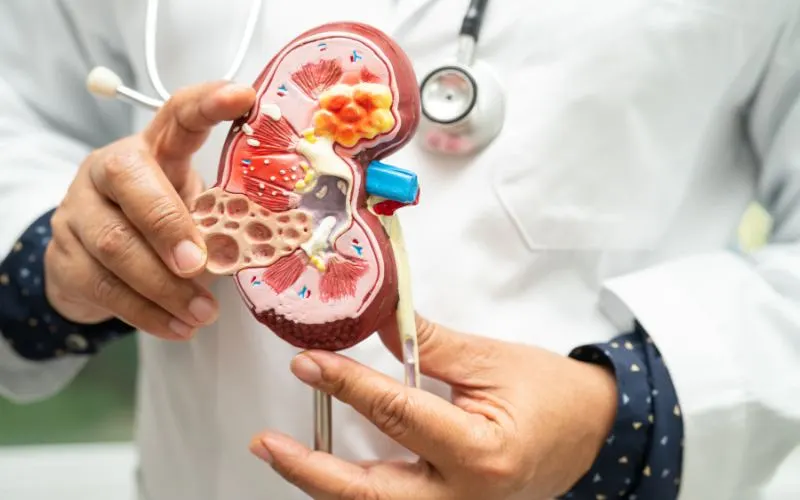DIALYSIS DOCRORS

Dialysis doctors, also known as nephrologists, are specialized medical professionals who diagnose, manage, and treat kidney diseases and oversee dialysis treatments. They play a crucial role in maintaining the health and well-being of patients with chronic kidney disease (CKD) or end-stage renal disease (ESRD).
Roles and Responsibilities of Dialysis Doctors:
Diagnosis and Treatment Planning:
- Diagnose kidney diseases and determine the need for dialysis.
- Develop individualized treatment plans for patients, considering their overall health, disease stage, and lifestyle.
Supervision of Dialysis Treatments:
- Oversee the dialysis process, ensuring it is effective and safe for patients.
- Monitor patient responses to dialysis and make necessary adjustments.
Patient Education:
- Educate patients and families about kidney disease, treatment options, and lifestyle changes.
- Discuss the importance of diet, fluid intake, and medications in managing their condition.
Management of Complications:
- Address complications related to dialysis, such as infections, low blood pressure, or electrolyte imbalances.
- Monitor and manage other conditions commonly associated with kidney disease, like anemia, high blood pressure, and bone disorders.
Coordination with Multidisciplinary Teams:
- Collaborate with dialysis nurses, technicians, dietitians, and social workers to provide comprehensive care.
- Ensure smooth communication across the care team for optimal patient outcomes.
Prescribing Medications:
- Prescribe and manage medications for blood pressure, anemia, phosphorus control, and other related conditions.
- Adjust medications based on dialysis schedules and kidney function.
Support for Transplant Patients:
- Refer patients for kidney transplant evaluation when appropriate.
- Provide pre- and post-transplant care for patients.
Skills and Qualifications:
- Medical Degree (MD/DO): Completion of a recognized medical program.
- Residency in Internal Medicine: Specialized training in internal medicine.
- Fellowship in Nephrology: Advanced training in kidney diseases and dialysis.
- Board Certification: Certification in nephrology from relevant medical boards.
- Strong communication skills for patient education and multidisciplinary collaboration.
- Expertise in handling dialysis technology and managing complications.
Common Conditions Managed by Dialysis Doctors:
- Chronic kidney disease (CKD)
- Acute kidney injury (AKI)
- End-stage renal disease (ESRD)
- Hypertension related to kidney disease
- Electrolyte imbalances (e.g., high potassium, low calcium)
- Anemia of chronic kidney disease
